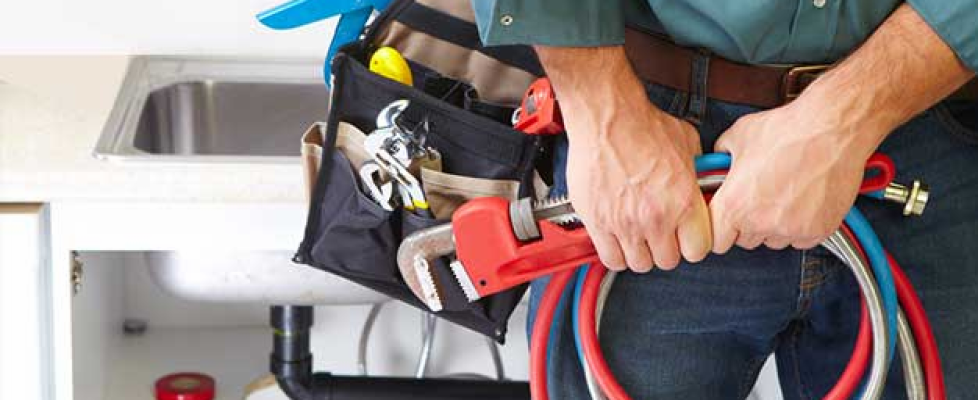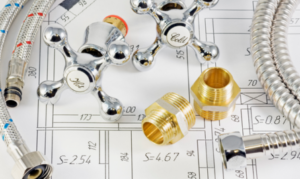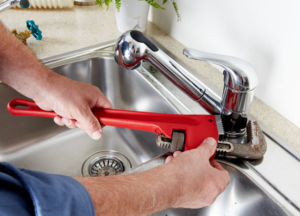Repiping Plumbing Contractor in your Area
Why should someone repipe immediately?
- Water damage claims can lead in nonrenewal of policies or higher insurance premiums.
- Undetected water leaks can lead in mold growth.
- Replacing or repairing sections of copper pipe, which are under a slab are very expensive and temporary.
- Pinhole leaks can damage furniture, ceilings, flooring, walls, and individual belongings.
- Damage that arises from pinhole leaks maybe expensive than the re-pipe or repair.
Why this happen to me?
- In copper pipes pinhole leaks is commonly referred as “pitting”; and it started more than a decade ago in different parts within the United States.
- Studies have indicated that some pitting maybe due to a combination of trace elements in water, chlorine, high pH levels, and absence of natural organic materials that have reduced in drinking water.
- Natural organic matter inclines to contribute to the mineral scale build-up, which occur naturally inside the walls of pipe; which ends up insulating and protecting the pipes from pitting.
- Repiping your pipe with CPVC pipes is one of the most cost effective and efficient solution for this problem.
What to look from a plumbing contractor
- Look for a plumbing contractor who will offer hundred percent customer satisfaction as well as peace of mind.
- Plumbers who will drop their cloths over their work areas and walking paths to protect your house’s flooring.
- A contractor who know how inconvenient it’s for you to be without water even for one day, hence they can work to solve the problem.
- A company that is well equipped, and stocked with supplies and parts necessary to provide efficient and quick service.
- An ideal contractor will test each re-pipe at about 150 psi, this is 3 times the normal working pressure in most water pipe system. This is to make sure their products and workmanship are water tight and meet the required standard.
- It is advisable piping to be plumbed through attic spaces as well as concealed in walls where possible.
- Also, the piping in attic should be secured and insulated to protect against the extreme attic temperature and water hammer noises.



